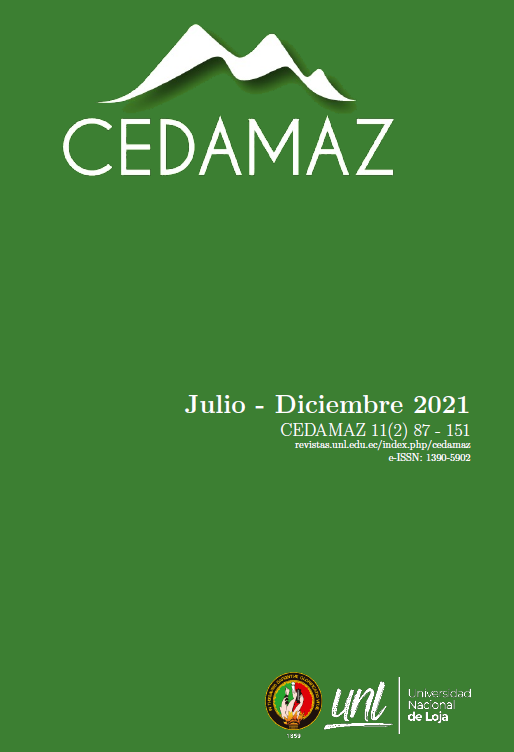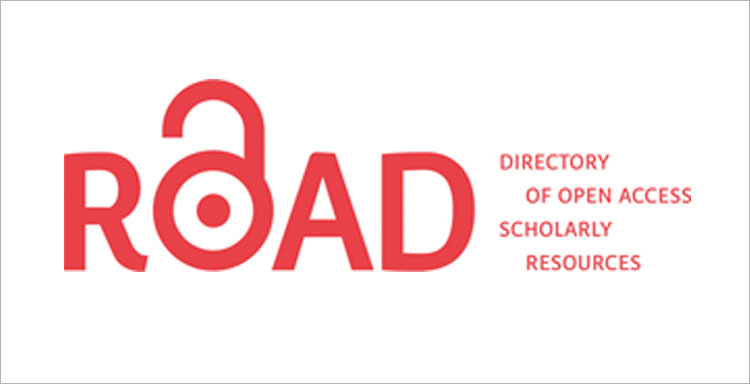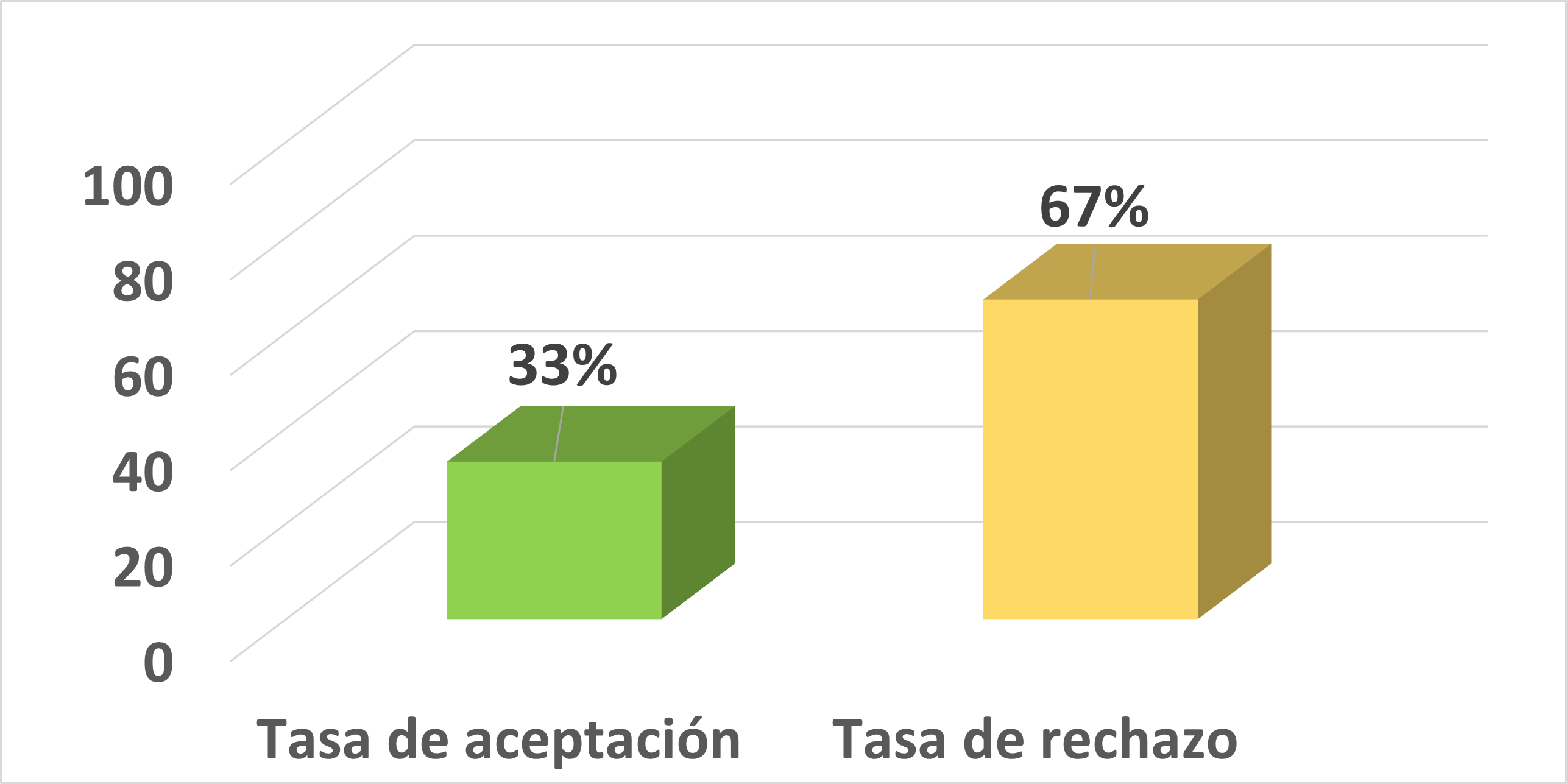Comparative analysis for the evaluation of frameworks used in web development applications
DOI:
https://doi.org/10.54753/cedamaz.v11i2.1182Keywords:
Web applications, Frameworks, ISO/IEC 25000, Evaluation modelAbstract
The development of web applications has had exponential growth over the last few years, this is due to the fact that every day there are more and more demands required for the web to provide users with better experiences when using them. For this reason, there is a need to use tools that allow the implementation of these applications quickly and efficiently, and that can be adapted to the needs of developers. The objective of this work is to perform comparative analysis for the evaluation of frameworks used in the development of web applications; for this, the Laravel and Django frameworks were initially determined. In order to know which of these two frameworks was the best, the criteria that allowed the evaluation of the same were determined; these criteria were established based on the evaluation model of the ISO/IEC 25000 standard. In order to perform the analysis of the frameworks, an experimental environment was generated, which consisted of the development of a test application, with which the evaluation of the frameworks could be carried out. The application was developed using the XP methodology since this is considered an agile methodology that adapts adequately to the needs of the project. Finally, the comparative analysis was performed, through which it was possible to determine the strengths and weaknesses of the frameworks, being able to determine that Django is the most suitable environment for the development of web applications.References
Arcos Chalán, J. S., y Chicaiza Inguillay, D. E. (2016). Análisis comparativo de los Frameworks Laravel y Codeigniter para la implementación del sistema de gestión de concursos de méritos y oposición en la Universidad Nacional de Chimborazo. 190. http://dspace.unach.edu.ec/handle/51000/2943
Builes, J. A. J., Bedoya, D. L. R., y Bedoya, J. W. B. (2019). Metodología de desarrollo de software para plataformas educativas robóticas usando ROS-XP. Revista Politécnica, 15(30), 55–69. https://doi.org/10.33571/RPOLITEC.V15N30A6 DOI: https://doi.org/10.33571/rpolitec.v15n30a6
Cabrera León, P. A. (2019). Desarrollo de una aplicación web utilizando el Framework Laravel para el control de existencias de los activos fijos de la Federación Deportiva de Morona Santiago. http://dspace.espoch.edu.ec/handle/123456789/13635
Caldera Vergara, R. (2017). Estudio del framework de desarrollo web Django. https://ebuah.uah.es/dspace/handle/10017/32018
García León, D., Beltrán Benavides, A., y Fernández Carrasco, O. (2016). Un enfoque actual sobre la calidad del software. ACIMED, 3(3), 40–42.'http://scielo.sld.cu/scielo.php?script=sciarttext&pid=S1 DOI: https://doi.org/10.18004/ucsa/2409-8752/2016.003(02)003-004
Gómez García, D. E. (2018). Desarrollo del sistema de requisiciones para la empresa hidroeléctrica Abanico S.A. Aplicando el entorno de programación Node.js. http://dspace.espoch.edu.ec/handle/123456789/9110
Molina Ríos, J. R., Loja Mora, N. M., Zea Ordóñez, M. P., y Loaiza Sojos, E. L. (2016). Evaluación de los Frameworks en el Desarrollo de Aplicaciones Web con Python. Revista Latinoamericana de Ingenieria de Software, 4(4), 201. https://doi.org/10.1829/relais.2016.201-207 DOI: https://doi.org/10.18294/relais.2016.201-207
Ovando Ortega, D. J. (2019). Bootstrap y Laravel, herramientas para el desarrollo de aplicaciones web. Αγαη, 8(5), 55.
Standardization, I. O. f. (2021). Normas ISO/IEC 25000. https://iso25000.com/index.php/normas-iso-25000
Published
How to Cite
Issue
Section
License

This work is licensed under a Creative Commons Attribution-NonCommercial-NoDerivatives 4.0 International License.
Those authors who have publications with this journal, accept the following terms:
- After the scientific article is accepted for publication, the author agrees to transfer the rights of the first publication to the CEDAMAZ Journal, but the authors retain the copyright. The total or partial reproduction of the published texts is allowed as long as it is not for profit. When the total or partial reproduction of scientific articles accepted and published in the CEDAMAZ Journal is carried out, the complete source and the electronic address of the publication must be cited.
- Scientific articles accepted and published in the CEDAMAZ journal may be deposited by the authors in their entirety in any repository without commercial purposes.
- Authors should not distribute accepted scientific articles that have not yet been officially published by CEDAMAZ. Failure to comply with this rule will result in the rejection of the scientific article.
- The publication of your work will be simultaneously subject to the Attribution-NonCommercial-NoDerivatives 4.0 International (CC BY-NC-ND 4.0)









